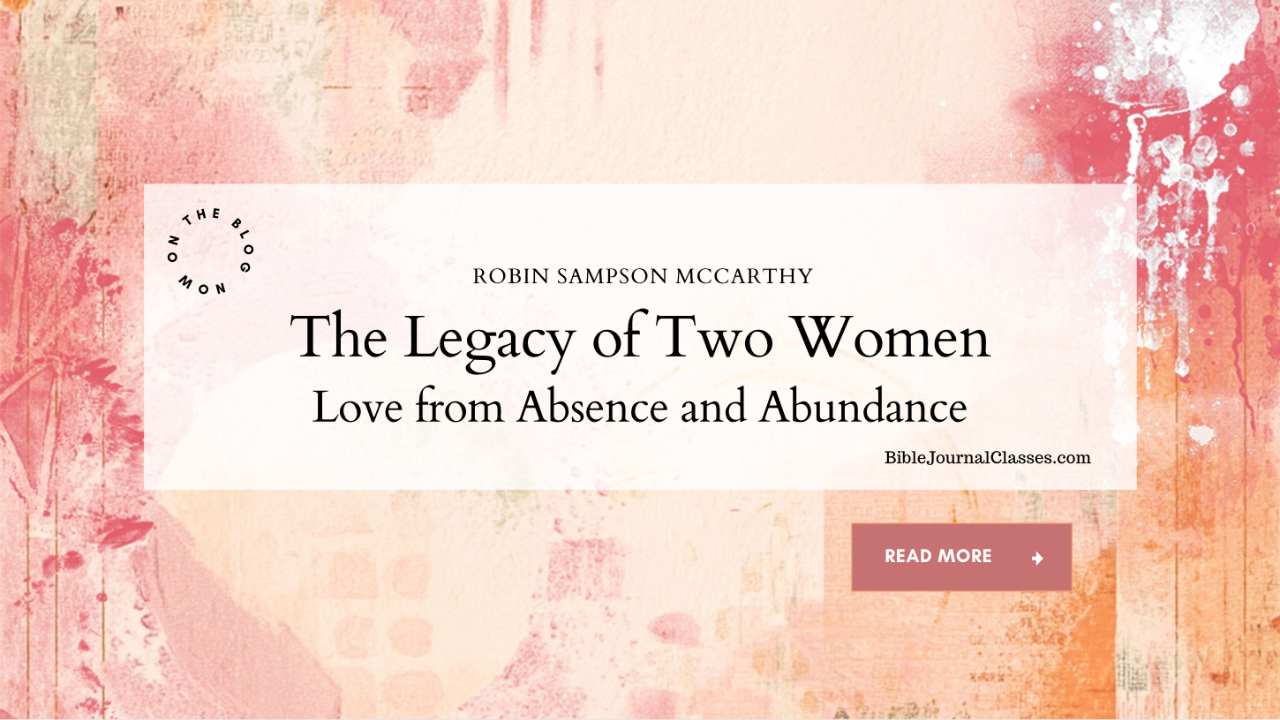
My mother passed away while I was writing the final lessons for the Beauty from Ashes class.
In the quiet aftermath of her death, I returned to the lessons with new eyes and made significant edits—not because the story changed, but because I no longer felt the need to protect her feelings over my own healing. What emerged was a truth I had long buried—not to cast blame, but to finally embrace honesty. You’ll find parts of my story that are now more raw, more authentic.
This unexpected journey through grief led me to deeper healing than I ever thought possible. And it is my deepest hope that in these unvarnished words, you might find your path to wholeness.
It felt like a full-circle moment—grief returning as I reflected on all God had restored. In that quiet ache, I sensed it was time to share something deeply personal: the story of two women who shaped my heart in profoundly different ways—my grandmother and mother.
One embodied the radiance of love through daily acts of selfless giving. The other was defined by her needs and desires, leaving a trail of self-absorption.
My Godly Grandmother
You may remember my grandmother from earlier classes or books I’ve written. She was my lighthouse in every storm—a faithful Proverbs 31, Titus 2 woman—who didn’t just talk about faith; she lived it. Her weathered hands opened the Bible with me. Her voice lifted prayers over my small head. Her quiet, steady life introduced me to Jesus through everyday acts of grace.
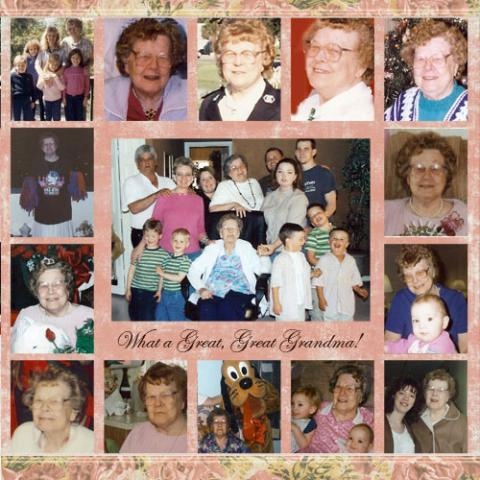
What made her extraordinary wasn’t perfection—it was her authenticity. Her kindness, wisdom, and humility flowed from a well that never seemed dry. As a Salvation Army officer for over 75 years, she welcomed strangers into her heart and home. She fed the hungry, clothed the needy, sat with the sick, and visited those forgotten behind prison walls.
When she passed, hundreds came to honor her. Family, friends, and countless others whose lives she had touched flew across the country or drove twelve hours to say goodbye. All my children were there (as were all her grandchildren and great grandchildren) witnessing what a legacy of love looks like when lived with intention. She planted seeds of faith that are still blooming today.
And Then There Was My Mother
I don’t share this to diminish her memory but to honor the complex, painful, human truth. Now that she’s gone, I can speak more openly about parts of our story I once felt bound to protect.
My mother wasn’t intentionally cruel. She was deeply wounded. Life taught her survival, not tenderness. Though we shared a home, she remained a stranger. She never even learned my children’s names. That silence alone spoke volumes about the distance between us. I heard her brag about her grandchildren, but she never sat with them or talked with them, except to yell or condemn them. Over time, I began to understand: Her story began long before mine. As a little girl during the Depression, she was sent to live with relatives on a farm in upstate New York while my grandmother worked to survive. That early separation planted seeds of rejection that never fully healed.
I’ve forgiven her. It wasn’t instant or easy. But as I grew older, I began to see more clearly: My mother wasn’t just difficult—she was unwell. Her brokenness was real. Her trauma deep. Her illness misunderstood. And somehow, knowing that helped me let go of the anger. It softened the edges of the pain. I stopped expecting her to be someone she couldn’t be and started grieving who she never had the chance to become. Forgiveness wasn’t a moment—it was a slow unfolding, a surrender to grace.
As a teenager, she suffered from unexplained pain, but the true cause—a rare condition involving a third kidney—went undiagnosed for years. Instead of receiving proper medical treatment, doctors wrongly concluded her symptoms were psychological. They prescribed heavy medications, including Valium, masking her real condition. By the time I was about twelve, they had begun administering shock treatments. In the 1960s, such misdiagnoses—especially for women—were heartbreakingly common, leaving many to suffer needlessly.
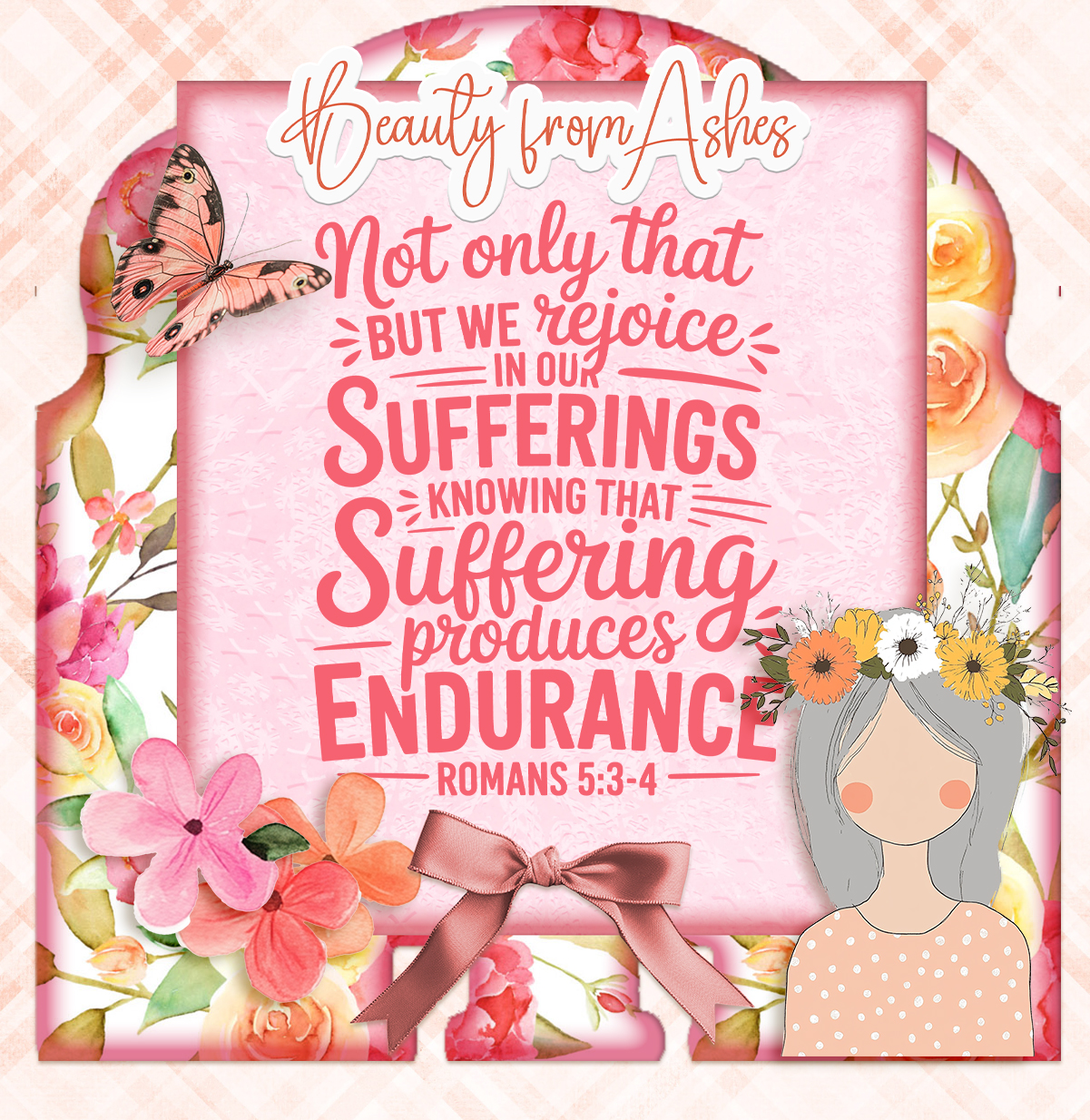
I couldn’t comprehend then how profoundly this would shape our family. While other children had mothers who cooked dinner or came to school events, mine spent months at a time in mental institutions. And when she was home, she moved through the house in a medication-induced haze. Her outbursts were violent and unpredictable. I often found myself bleeding, wounded, and emotionally shattered.
But the Lord does not abandon abused children. He saw every blow, counted every tear, and never approved of the evil done to me. But He held my eternal soul in His hand, quietly planting seeds of healing. I felt alone, but I know now that He was there. The wounds others inflict can become doorways through which God draws us closer to Himself. He becomes the One who re-parents our hearts and brings beauty from the ashes.
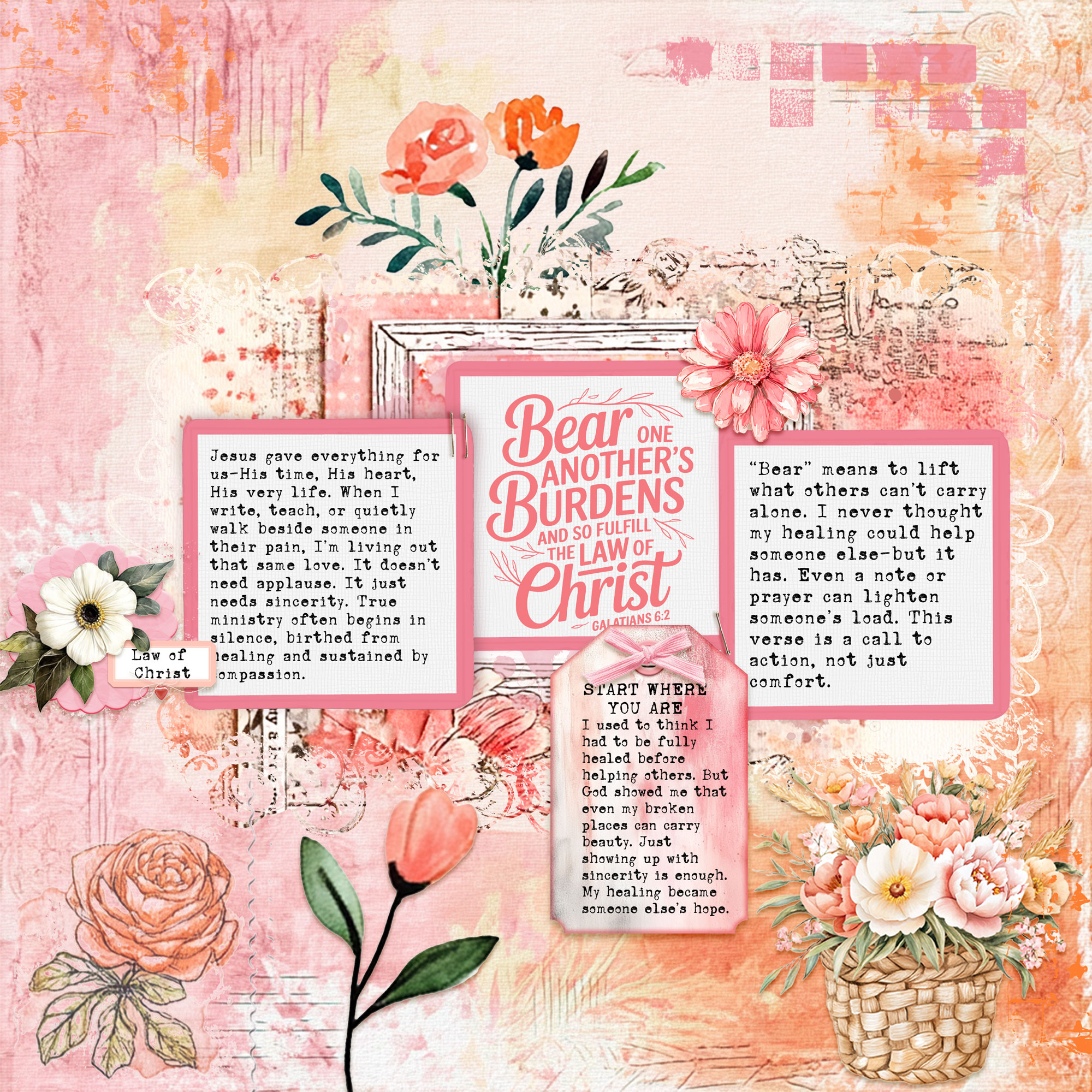
By fifteen, I decided to leave home. I never returned to live there again. It wasn’t rebellion—it was survival. A choice no child should ever have to make, but one that ultimately led me down a path toward healing that would’ve been impossible had I stayed.
As an adult, I showed my mother respect. I called weekly. I tried to stay connected. But now and then, moments would expose the pain beneath the surface. The one time she interacted with my children, she blew up during a simple card game with my seven-year-old. Her reaction wasn’t just frustration—it was a flash of unhealed trauma. I could handle her criticizing me, but when she belittled my children, I pulled her aside and told her she needed to stop. It felt like I was the mother, reprimanding a child.
When I confided in her about my husband’s affair, I was hoping for comfort. Her response? “Boy, you sure know how to pick ’em!” What I needed was a mother’s arms. What I got was commentary.
She was hospitalized a few months ago. My husband and I drove twelve hours to visit her; I braced for the old rhythm. I half-joked with him, “Let’s count how many times she criticizes me.” Sure enough, she had something to say within minutes about my hair, my weight, my clothes. I don’t think it was about me. I think maybe it was the only way she knew how to reach out.
When she died, my father chose not to have a funeral. No one would’ve come. Just my brother, our father, and me. No friends. No church family. No grandchildren. She left the world as she lived—guarded, distant, and mostly alone.
I share this not to judge but to bear witness. What I’ve learned is that we reap what we sow in relationships. A life spent building walls instead of bridges often ends behind those walls. But even this truth invites compassion more than criticism.
What They Taught Me
These two women taught me something eternal: Love is both a gift and a choice.
My grandmother chose it daily—with humility, sacrifice, and grace. My mother, shaped by wounds and grief, struggled even to see that a choice existed. And yet, even here, God was faithful.
Even in the absence of nurturing love, I learned the kind of woman I wanted to become. Even in the heartbreak, God planted something that would one day bloom. Even in strained phone calls and unmet expectations, He was shaping a heart that would cling to Him.
This journey—from abandonment to purpose, from rejection to redemption, from trauma to transformation—embodies what I’ve come to understand as the divine alchemy of “beauty from ashes.” God specializes in taking what seems utterly destroyed and creating something unexpectedly beautiful from it. The very title of this book reflects not just a biblical promise, but the lived reality I’ve experienced through every valley and mountaintop of my life.
It is a testimony to the God who restores, heals, and takes what the enemy meant for evil—and turns it into something beautiful.
Every tear, every ache, every loss—none of it is wasted. The Lord has seen it all. He has held you closer than you know. Your suffering has carved out space in your heart for a greater capacity to receive His eternal love, joy, and peace.
Every trial in this life, even prolonged suffering, has a divine purpose. God permits hardships not to punish, but to purify. He always works beneath the surface, gently leading you—even when you feel lost or forgotten.
This study grew out of some of the hardest chapters of my life. But it isn’t a tale of sorrow—it’s a declaration of hope. In these pages, you’ll see how God can redeem even our deepest wounds, rewriting our pain into purpose and our trials into testimonies of His faithfulness.
As we begin this journey together, I invite you to see your story through new eyes. The wounds of abandonment and rejection that marked my earliest years became the soil where God planted seeds of purpose and healing. In the lessons, we’ll explore how those painful experiences of being left behind can prepare us for a deeper understanding of God’s presence and purpose in our lives.
Your past may explain you, but it does not define you. And as we’ll discover together, even the deepest pain can become the doorway to your greatest purpose.
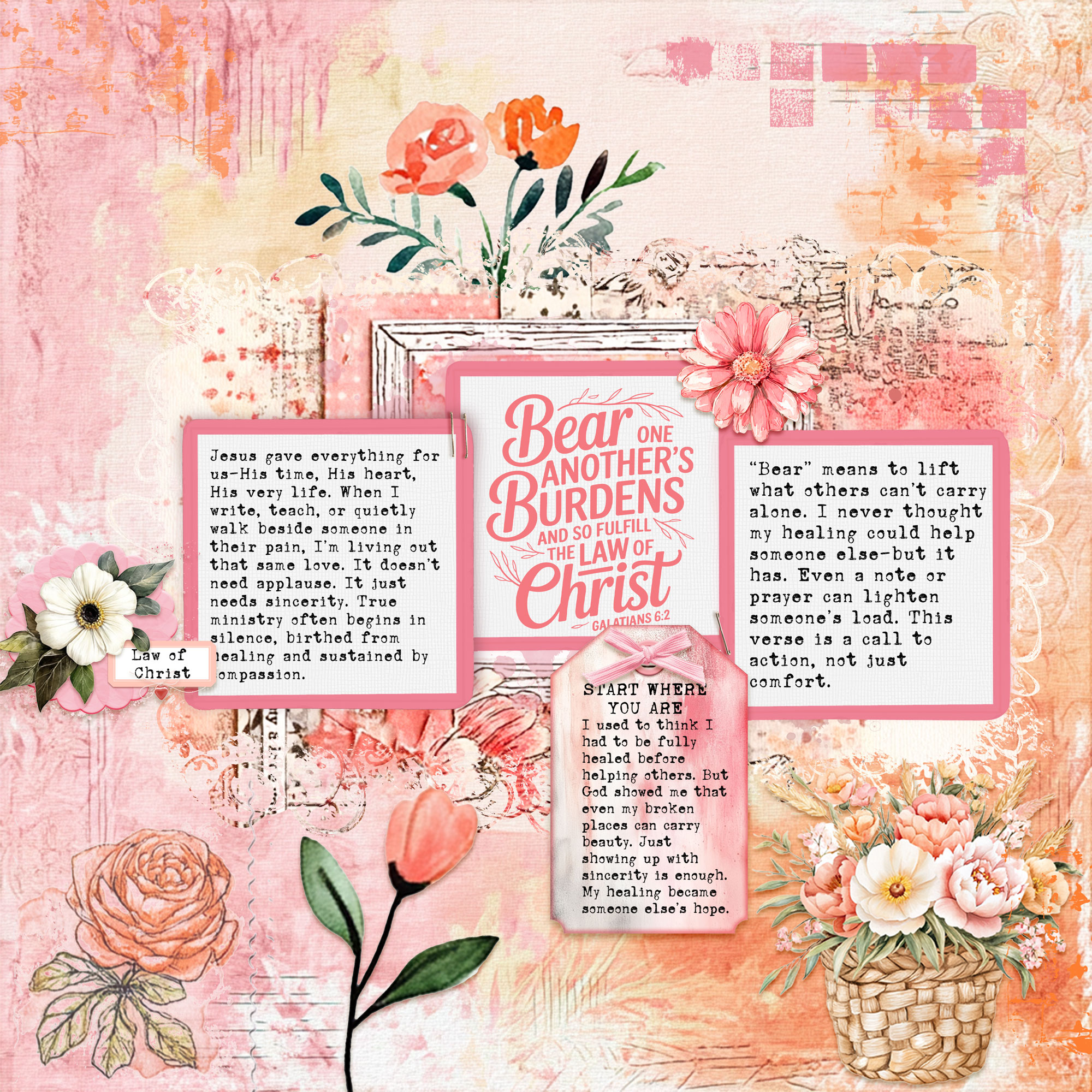
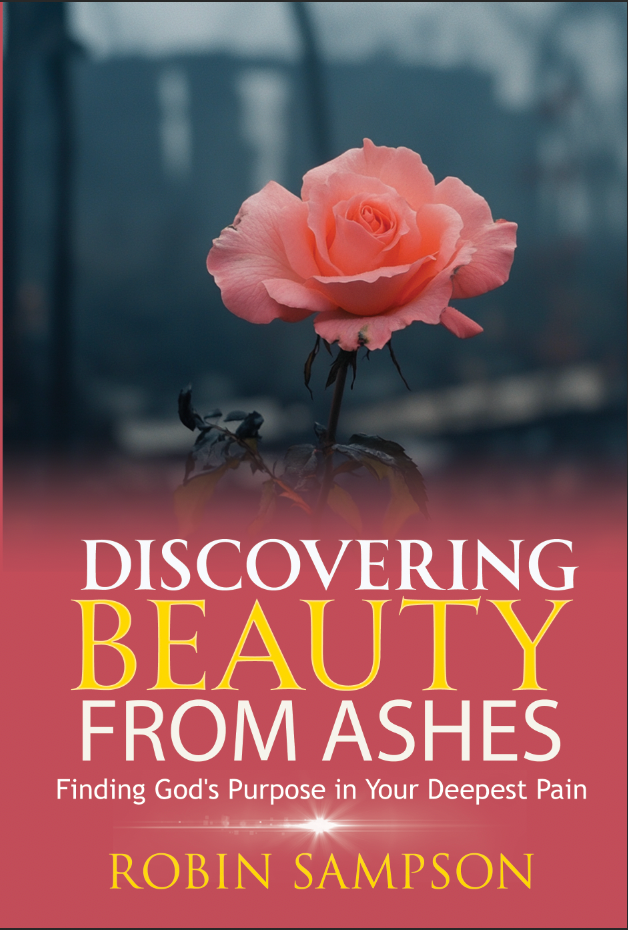 Beauty from Ashes Book: Free Review Copy
Beauty from Ashes Book: Free Review Copy
The Beauty from Ashes: Discovering God's Purpose in Pain is scheduled for publication and will be available on Amazon and in Logos in July 2025, Lord willing.
Get a free review copy of our latest Bible study book! In exchange, we kindly ask for an honest Amazon review within three weeks. Your feedback helps others find encouragement and truth.
Limited copies available—claim yours today and be part of spreading His Word!
Sign up here to be notified when the review copy is available.
Beauty from Ashes Lessons
This isn't traditional Bible study—it's one woman's raw, honest journey through seven decades of pain and redemption. Each lesson anchors a life chapter in Scripture, showing how God's promises aren't just theological concepts but lifelines that hold us when everything else falls apart.
- The Purpose of Pain: Childhood abandonment and emotional abuse became the soil where God planted purpose in suffering. (Romans 8:28)
- God’s Presence in Our Darkest Hours: Through a godly grandmother—her lighthouse of love and truth—she experienced God's nearness. Even in an abusive home, He was there, whispering worth into her heart. (Daniel 6:22)
- Contentment in All Circumstances: Her newborn daughter’s sudden illness brought fear—but also a holy surrender. In the unknown, she discovered peace in Christ. (Philippians 4:11–13)
- Beauty for Ashes: Legalism and spiritual abuse once defined her walk—but grace rewrote the story. God exchanged shame for freedom. (Isaiah 61:3)
- Strength in Weakness: Abandoned while pregnant and raising three children, she discovered that God’s strength shines brightest in our lowest valleys. (2 Corinthians 12:9)
- Endurance Builds Character: Single motherhood and serving as a police officer became training grounds for endurance and deep character. (Romans 5:3–4)
- Pruned to Bear Fruit: A marriage entered out of fear led to painful pruning—but also to spiritual fruit that would last. (John 15:2)
- Rejoicing in Hope: What began as fear-driven homeschooling blossomed into a nationwide ministry built on faith and purpose. (Romans 12:12)
- Faith Refined by Fire: Entrapped in a controlling church, her faith was tested and refined. Letting go of religion, she found relationship. (1 Peter 1:6–7)
- Faith Through Testing: A second divorce and a heartbreaking custody battle forced her to lean fully on God's grace. (James 1:12)
- Hope as an Anchor: In the shadow of 9/11 and deep personal grief, raising two small sons, she clung to hope. God's promises anchored her when the world collapsed. (Hebrews 6:19)
- Joy in Trials: Estrangement from her children broke her heart—but through surrender, joy took root in the ashes. (James 1:2–4)
- Rejoicing in Hope: At 51, open heart surgery became a spiritual reset. Through weakness, she discovered God’s mercy and healing in a new way. (Romans 12:12)
- Blessed in Mourning: Her daughter’s sudden death crushed her spirit. But God walked with her through the valley and gave her strength to love her grandsons with a mother’s heart. (Psalm 23:4)
- Momentary Troubles, Eternal Glory: Moving to Florida to be near her grandsons, she found sacred beauty—new waters, new church, new peace. Loss became the planting ground for glory. (2 Corinthians 4:17)
- Sharing Burdens: Full-time caregiving brought exhaustion and sorrow, yet God surrounded her with friends and recovery. She learned to live Galatians 6:2—comforting as she had been comforted. (Galatians 6:2)
- Comforting Others: Grief and healing became a ministry. Not from perfection, but from compassion born of shared pain. She became a vessel of God’s comfort. (2 Corinthians 1:3–4)
- A New Creation: Widowhood and betrayal could have defined her—but God gave her a new heart, a new name, and a new purpose.(2 Corinthians 5:17)
- God Restores: Out of deep brokenness, God rebuilt. Restored and repurposed, she stepped forward into ministry with clarity and calling. (Nehemiah 2:17)
- Restored and Strengthened: In a quiet season, God gave her the love of her life—and peace she thought she’d never know. Beauty bloomed where only ashes had been. (Jeremiah 30:17)
- More Than Conqueror: Her son’s accident and leg amputation was another storm—but God was present. Like Hagar in the wilderness, she discovered anew that God sees, hears, and strengthens. (Romans 8:37)
- Every Tear Wiped Away: Looking back through decades of sorrow and grace, she sees how God has already begun wiping away her tears. Revelation isn’t just a future promise—it’s unfolding now, as every scar becomes a testimony to His glory. (Revelation 21:4)












